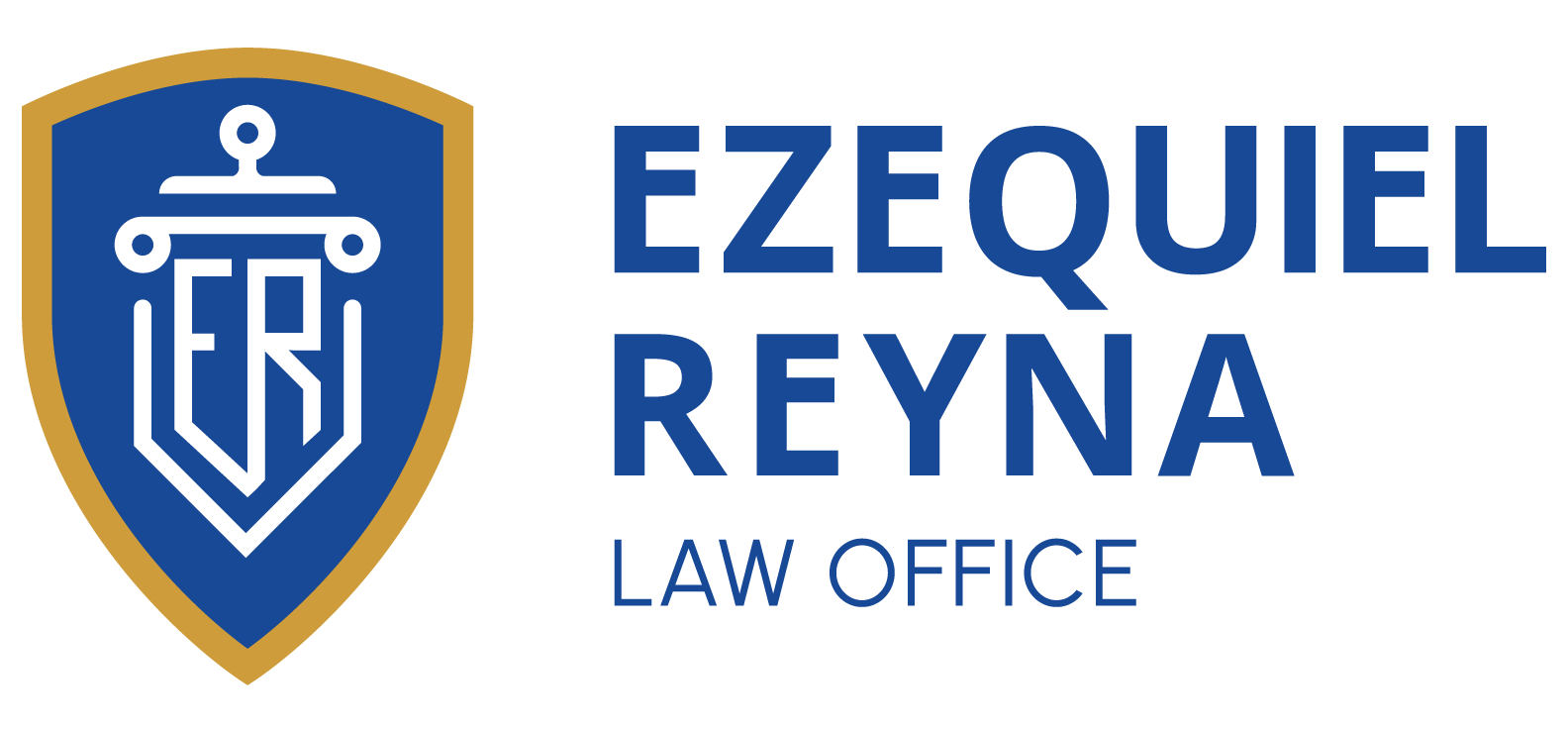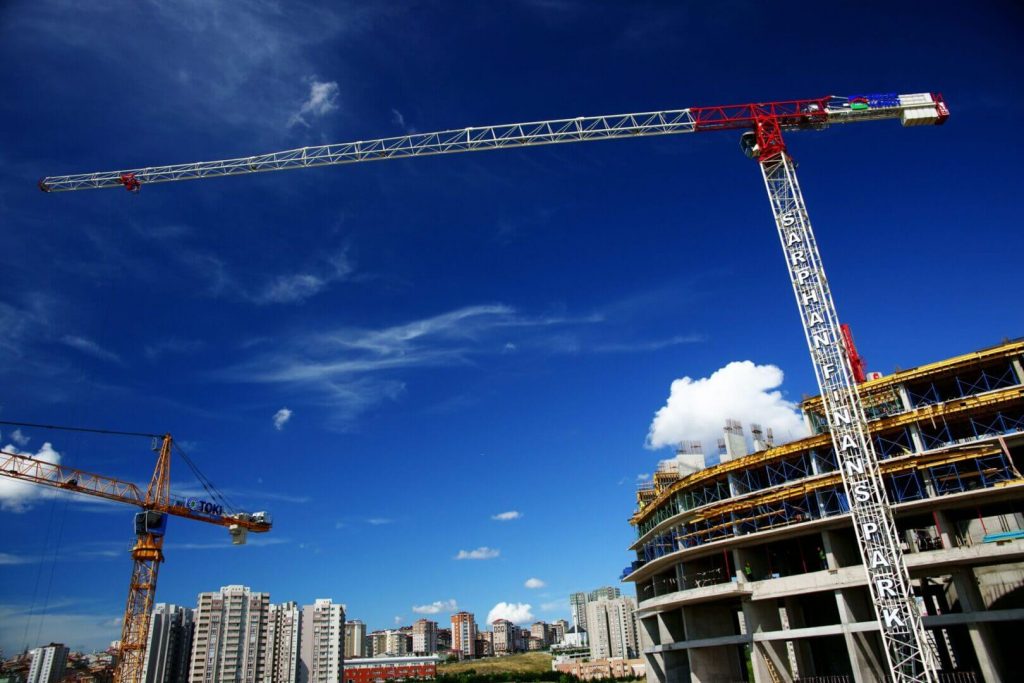The thriving construction industry in Texas relies on large equipment to speed up the building process and get projects completed on time. Cranes are one of the most commonly used construction tools, with about 125,000 cranes operating in the United States at any given time. While essential to building large structures, cranes are incredibly large, complex machines that pose serious risks to workers. Crane accidents can cause devastating injuries and have proven to be fatal. According to the U.S. Bureau of Labor Statistics, from 2011 to 2017 there were 297 reported crane-related deaths. During that same time period, Texas had more fatal occupational injuries due to cranes than the next three states combined. Why do crane accidents occur?
The most common causes of crane accidents include:
Load too Heavy
Cranes have set weight limits that have to be followed to prevent collapse. The counterweight and out-rigging systems used to balance a crane are critical to keeping it stable. If a crane lifts too much weight, it will throw these systems off balance and the entire structure could buckle and collapse. A crane collapse can be extremely dangerous for the crane operator as well as any workers nearby. That much weight could easily crush an individual and cause severe injuries or death.
Improper Crane Assembly
When putting a crane together, there are very specific safety protocols that must be implemented. If a crane is assembled too quickly or does not have the proper wood or metal blocking supports to keep the load stable, the crane itself could move under the weight of the load and collapse.
Lack of Training
Crane operators are required to be properly trained, including completing specific OSHA training courses to operate a crane on a construction site. If a worker operates a crane but is not properly trained, the likelihood of a crane accident increases significantly. Cranes are complicated machines and must be used by someone familiar with how they function. Employers must also train all workers in the dangers a crane poses to a worksite.
Dropped Loads
Over half of all fatal crane accidents involved a worker being hit by a falling object put into motion by a crane. Cranes are able to carry heavy, oddly shaped, oversized items when operated properly. If a load is not rigged appropriately, it can quickly fall and cause a catastrophic accident. Falling objects can crush or impale workers below and even make a crane tip over, causing even more devastation.
Mechanical Failure
Proper maintenance of all machinery on a construction site is critical to preventing mechanical failures that can quickly lead to devastating accidents. Cranes should be well maintained at all times – including being oiled properly – and any small problems that arise should be fixed promptly.
Contact with Power Lines
Not all cities have underground power lines; and, crane operators must be aware of power lines around their worksite at all times. Electrocution from overhead power lines causes one in every 10 construction site deaths. If a crane operator hits a live power line, they are in danger of being killed by electric shock.
As with all construction machinery, unsafe practices and recklessness can result in worker injury and death. Employers must ensure machinery is well maintained, inspected daily, and that all who use cranes are properly trained.
South Texas Crane Accident Attorneys
Working with cranes is one of the most dangerous parts of a construction worker’s job. The risk of being injured or killed in a crane accident is high. Long-term injuries can leave you unable to work and leave your family financially burdened. If you or a loved one has been injured while working in the construction industry, contact the Rio Grande Valley workplace accident attorneys of Ezequiel Reyna Law Office today to discuss your case at no cost. There is limited time to act following a crane accident in Texas, so don’t delay.










